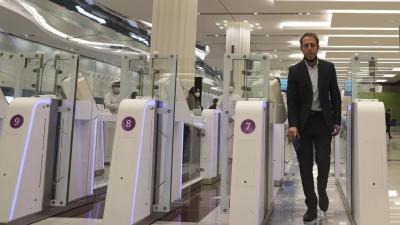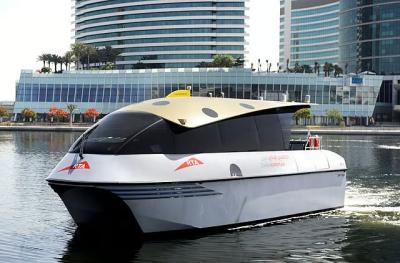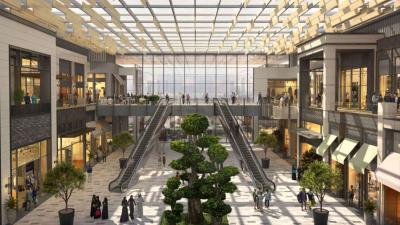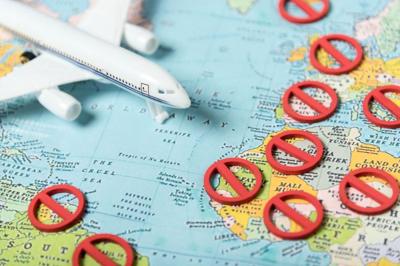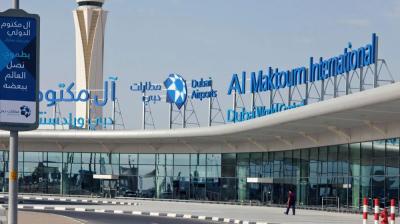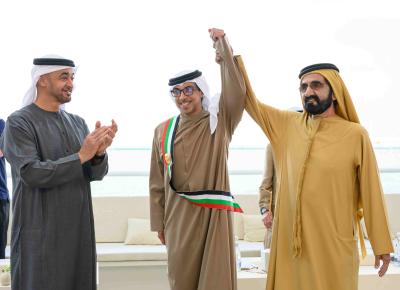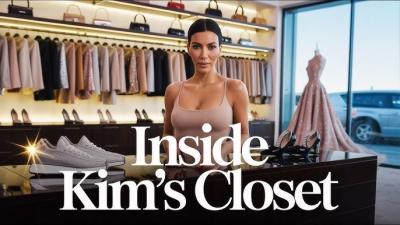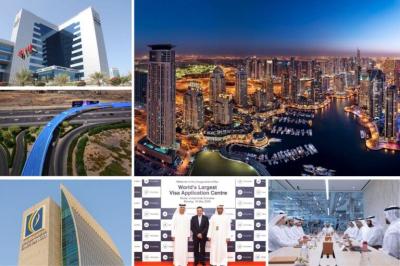Lindsay Lohan Reveals Why She Moved to Dubai
Hollywood actress Lindsay Lohan opened up about her peaceful life in Dubai, praising its strict privacy laws that shield her from paparazzi and media scrutiny, something she says changed her life.
Finding Normalcy Far from Hollywood
Lindsay Lohan—once a 24/7 tabloid fixture—sought peace by moving to Dubai in 2014. In a heartfelt July 2025 conversation on Live with Kelly and Mark, she said, “It’s just far away from Hollywood, and I live a very normal life.”
The key reason? Privacy. In Dubai, she explained, “You can’t take a picture of someone else if you’re in a restaurant. You have to ask the person… Privacy is key.” That line underscores just how rare and cherished consent-driven public life is in the emirate.
Safety, Family, and Choice
Now 39, married to financier Bader Shammas, and mother to toddler Luai, Lohan emphasized the emotional and physical safety she enjoys in Dubai. “No worry … because someone’s gonna take a picture of my son. I feel very safe.”
Reclaiming Identity and Joy
Lohan’s early fame came with trauma—PTSD from relentless paparazzi, being defined by scandal rather than craft. She spent years reclaiming her agency and rediscovering joy. Interviews with The Times and others highlight how stepping away helped reshape her relationship with her career.
Life Outside the Spotlight
In 2024, she revealed that Dubai allowed her to pause—and find herself. She told Entertainment Tonight that she needed "time with family" and that distance from LA helped her learn to love acting again. Her friend and Freaky Friday co-star Jamie Lee Curtis praised her courage for making the move alone before meeting her husband.
Family Life Meets Creative Flourish
Even as she crafts a quieter life, Lohan hasn’t left Hollywood behind. She’s promoting Freakier Friday while preparing to produce Count My Lies and even exploring beauty ventures. She’s balancing her role as a creative, public person with her role as a private individual—on her own terms.
Conclusion
For Lohan, Dubai was more than a relocation—it was a reset. A place where she could parent, create, and heal free from external pressures. It's a story of reconnection—with self, with family, and with her craft—underscored by a law that values consent and privacy in public space.


